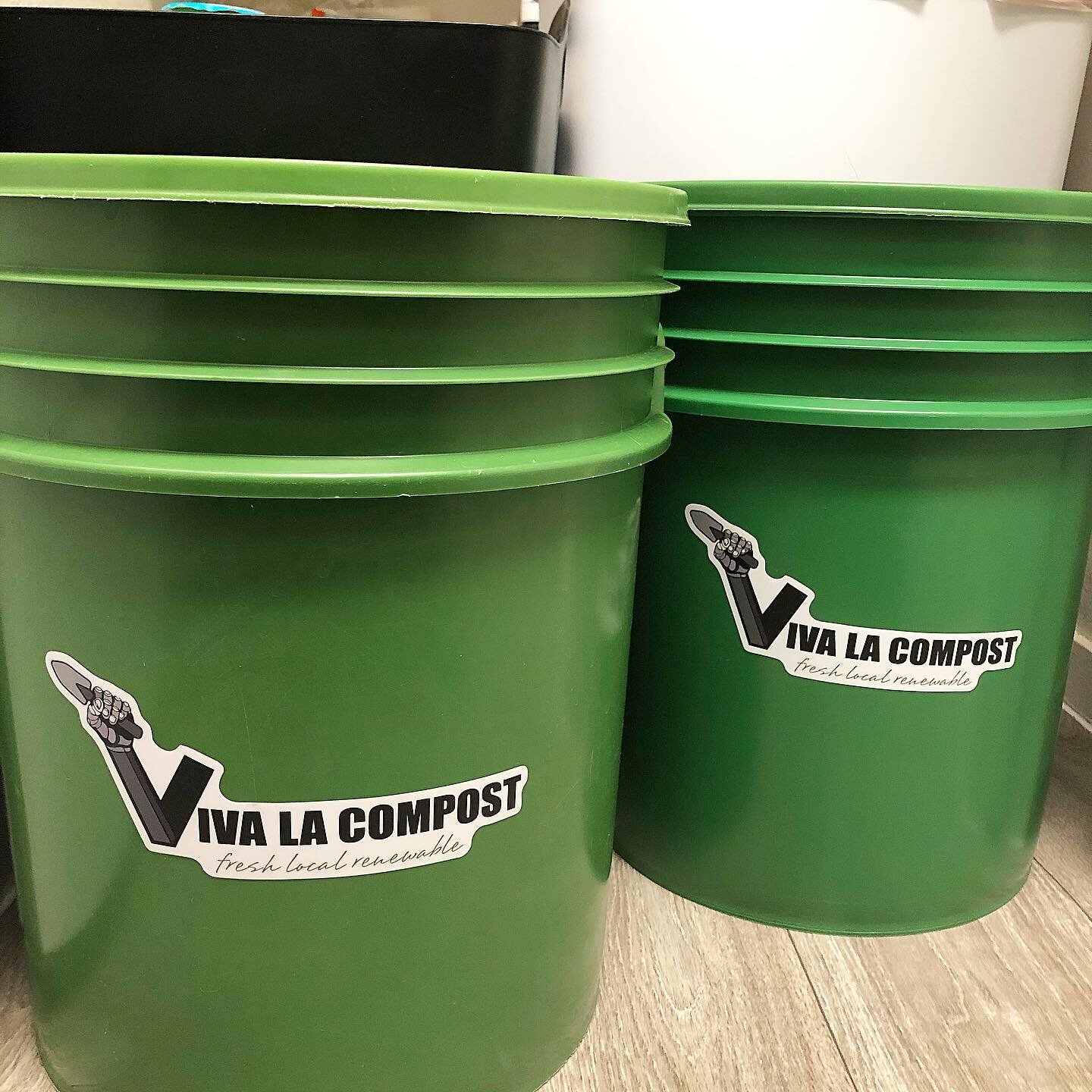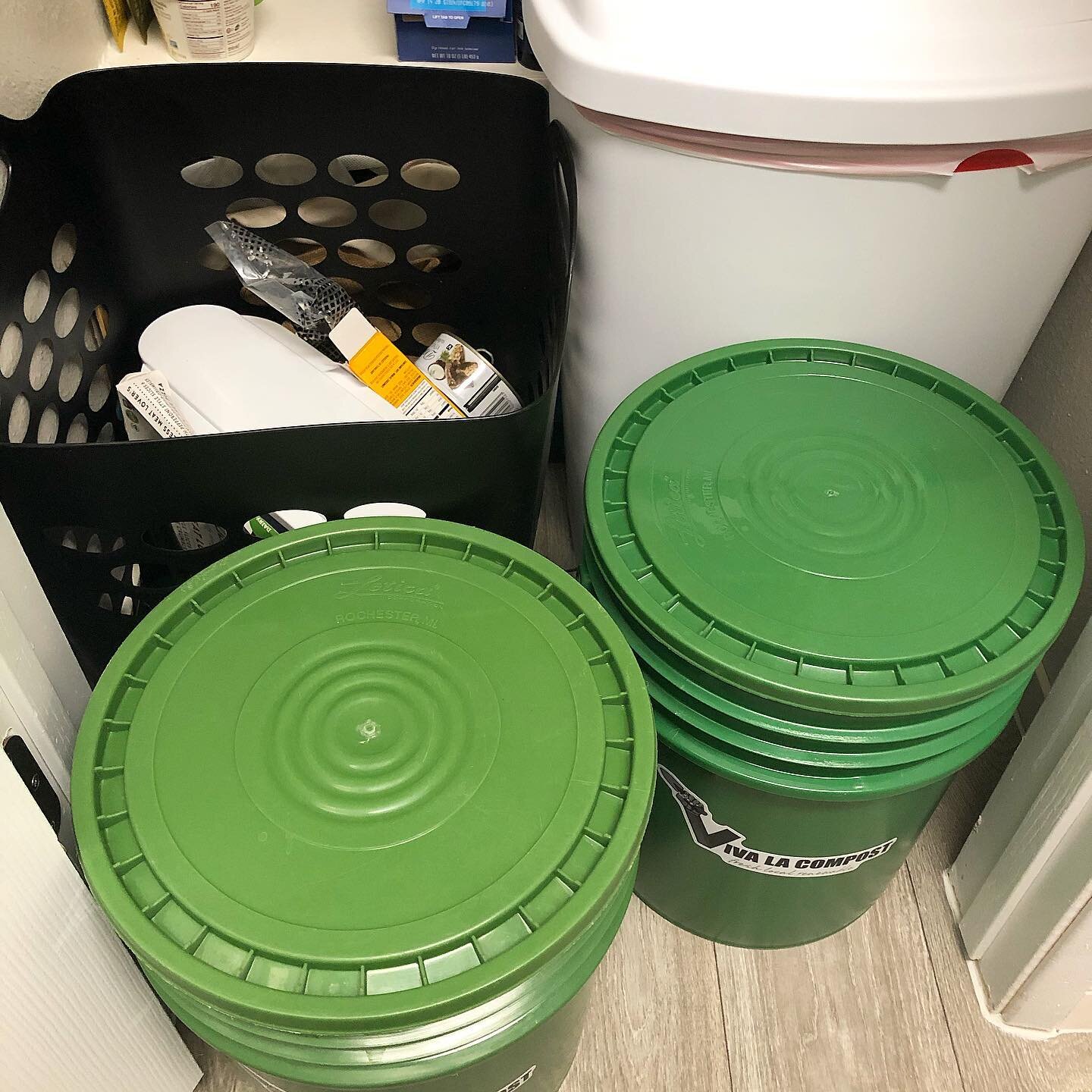Composting


Composting. Have you heard of it? Do you know what it is? Composting is where you take food waste and other biodegradable pieces of waste and put them in a container to break down into a soil like material. This can then be added to your soil or even replace soil when planting a garden or normal plants. Compost is a nutrient dense material that promotes higher yields of agricultural crops which reduces and, in some cases, eliminates the need for chemical fertilizers. When food is dumped into a landfill, it ends up generating methane, a potent greenhouse gas. By composting wasted food and other organics, methane emissions are significantly reduced. The more food waste and compostable waste you put back into the earth by composting, the closer you are to being zero waste. Image everything that you can throw into a compost bin will literally go right back into the earth, and actually leave a positive mark on the world! How cool is that? Now instead of filling landfills and dumps with organic waste that can be composted, you are put the nutrients from the trash right back into the earth. That’s a win-win in my book. Animal products though in any form are not recommended to be composted. They can cause issues such as pests like rodents or flies. I would double check with any city program or business you might work with before trying to compost meat or dairy items.
How does one go about composting and what can go in there? There are variety of options depending on where you live. Some cities like Minneapolis have a drop off center where you can take your compost scraps and give them to the city to compost. I would Google “Composting centers in” and include your city. If that’s not an option, I would look into composting services. I am lucky enough to live in Las Vegas and I use a company called Viva La Compost. They are a small family company that I pay once a month to come and pick up my compost. They come twice a month and I have two sealed pickle buckets I fill up in between the two weeks. Because it is a commercial sized composting setup, I can put pretty much all food waste and paper/plastic items that are labeled compostable. If you do a home composting setup, there are some limitations to the items that can go into your system. The other amazing thing about Viva La Compost is they drop off and pick up your buckets from your front door! Veronica, the owner sends out a remind text the night before and comes and picks them up the next day. I don’t have to be home, and especially with covid, the contact-less exchange is great. I feel so much better knowing the majority of my waste is going back into the earth. Every five months they offer up some of the composted soil for you to use yourself, or you can donate your portion to schools, urban gardens, or farms that might need the compost. If you are in the Vegas area, I strongly recommend using them for all your composting needs.
Home composting is another great option but takes some work to do it correctly. There is a certain ratio of dead leaves and sticks, food waste and items like grass clippings, and water that needs to be achieved for you to get successful compost. There are a variety of home composting systems on the market depending on what level you want to compost. I would recommend doing some research and asking professionals before diving into buying a composting system. It will take some time and patience to get it set up, but it will totally be worth it in the end. For more details on how to get your home composting setup successfully going, I would recommend going to the EPA website here.
By composting you are doing your part to continue to grow and help our planet. Per the EPA government website, “Composting is the fifth tier of EPA's Food Recovery Hierarchy. Even when all actions have been taken to use your wasted food, certain inedible parts will still remain and can be turned into compost to feed and nourish the soil. Like yard waste, food waste scraps can also be composted. Composting these wastes creates a product that can be used to help improve soils, grow the next generation of crops, and improve water quality. EPA estimates that in 2018, 2.6 million tons of food (4.1 percent of wasted food) was composted. In 2018, Americans recovered over 69 million tons of MSW through recycling, and almost 25 million tons through composting. This is 1.16 pounds per person per day for recycling and 0.42 pounds per person per day for composting. Food composting curbside collection programs served 6.1 million households in 2017, the most recent year for which information is available.”
Imagine what a difference we could make if everyone took up composting. The reduction in organic waste to the landfills would be huge and for certain would make a difference in methane gas numbers. Not to mention the benefits of using that nutrient dense soil to use to grow food and plants to feed each other. It’s the gift that keeps on giving and worth the extra work it might take you.
I keep the compost bucket next to my trash and recycling bin so it’s a one stop shop for all my waste needs. The lid seals well so there is no smell from the bucket and it’s so convenient being next to the trash. As odd as it all may sound, it’s really quite easy. If I can do it, I promise you can too. I even made a Reel on Instagram and a TikTok to show how easy it really is. What are your concerns about composting? Has this post helped you lean into trying it out? Let me know in the comments below what you think of composting and if you have ever tried it.
Thanks for reading,
Jessica